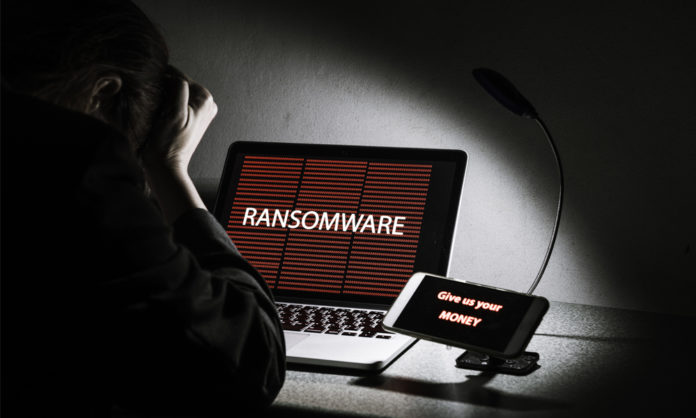

PayPal, an electronic payment processing company of America has recently been awarded a patent for an application technique that could detect ransomware in the early stages of an attack and mitigate its effects on the entire database.
As per the sources who are familiar with the developments, PayPal filed for a patent in Sept’16 which outlines a way to use computer data cache to detect ransomware on time and prevent it from encrypting the entire database.
Technically speaking, the said malware encrypts a hard drive or a network of hard drives in a database until a ransom is paid to hackers. Here’s where the “Expedited Virtual Currency Transaction System’s” patent awarded to PayPal by the US Patent and Trademark Office(USPTO) comes into existence.
It first detects the 1st copy of original content that has been loaded onto the cache of the Personal computer and then correlates it with a 2nd copy of the file which is retained in the cache. Then it finds whether the two copies were altered in either way with encryption and then uses special software to prevent the 1st copy being deleted if in case the 2nd copy has been encrypted.
PayPal’s new patent against ransomware also makes SMBs avoid data loss in the following way. In the automated backup environments, there is still a chance of data loss as files that have been encrypted by ransomware might be backed up automatically by overwriting the original. Here’s where PayPal’s new patent helps reduce the damage inflicted on victims by detecting it at an early stage.
PayPal says that such patents and all those coming in future will help the company in processing cryptocurrency transactions in a speedy way by exchanging the private keys between seller and buyer- all behind the scenes. Therefore, it helps down to reduce the time taken for payments to reach merchants from customers.
Note- In the year 2017, Peter Thiel, the co-founder of PayPal had invested heavily in Bitcoins via Founders Fund, the virtual currency firm which was co-founded by the same person in the same year.


















